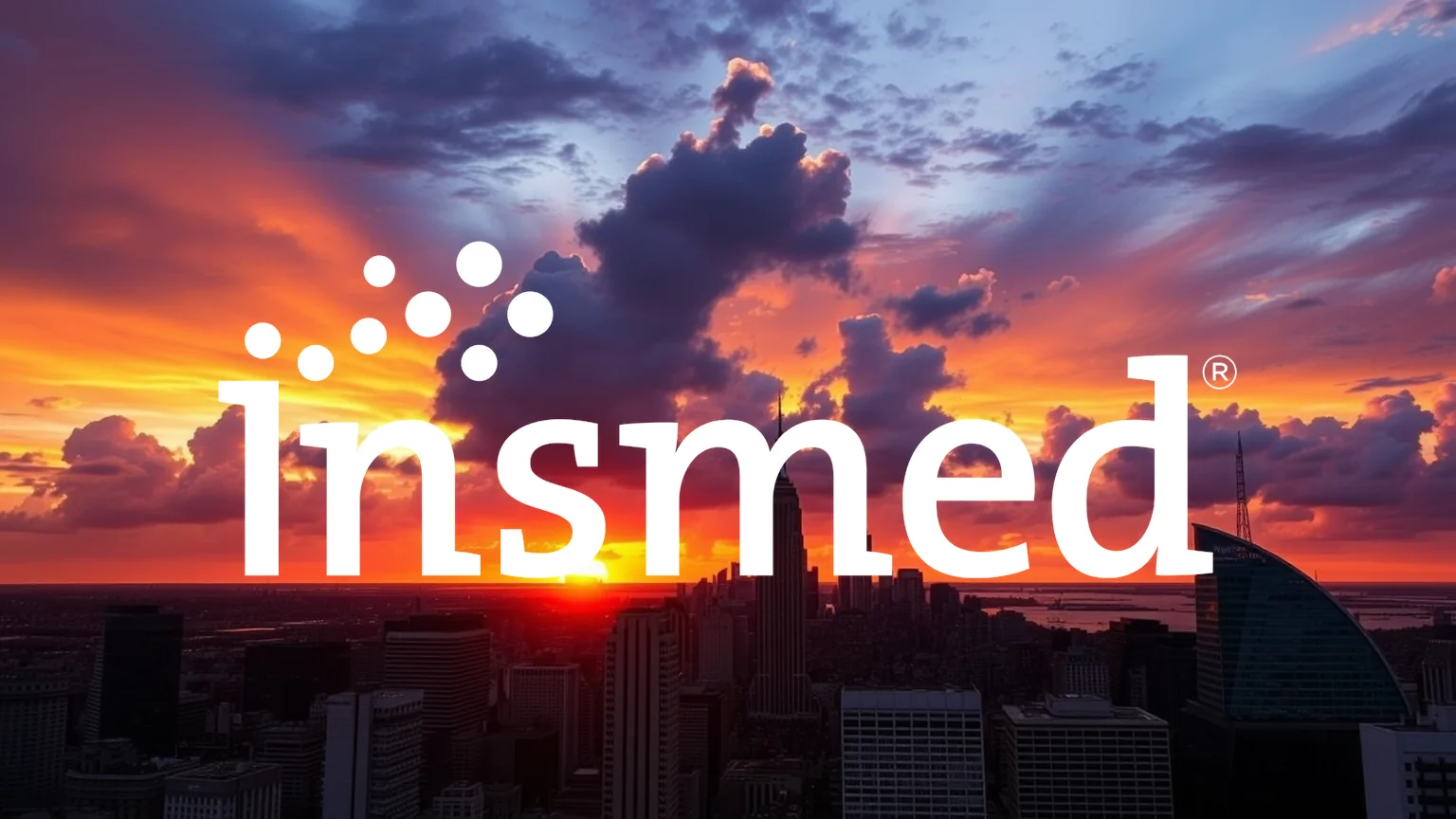The FDA has granted approval for Insmed’s Brinsupri as the first-ever treatment for non-cystic fibrosis bronchiectasis, a chronic lung disease affecting approximately 500,000 U.S. patients. The drug, priced at $88,000 annually, exceeded analyst expectations with a clean label—no limiting warnings or contraindications—and included unexpected data on FEV1 improvement, bolstering its medical appeal. Insmed’s stock has surged 76% year-to-date, nearing its 52-week high of $122.03, while its market capitalization reached $25.93 billion. Analysts turned overwhelmingly bullish, with one firm raising its price target to $165 and projecting peak U.S. sales of $4.3 billion by 2031. However, one institution downgraded the stock, arguing that near-term gains were already priced in.
Commercial Launch and Global Expansion
Brinsupri demonstrated strong efficacy in trials, reducing disease flare-ups by up to 21.1% compared to placebo. The drug is now available through a specialized U.S. pharmacy network, with first revenues expected by late September. Regulatory submissions in Europe and Japan are underway, targeting launches by 2026. Despite mixed Q2 2025 results—beating revenue estimates but reporting a wider loss per share—optimism remains high for Brinsupri’s market potential, given its broad approval and lack of exacerbation requirements. Analysts anticipate global sales could hit $720 million by 2026.
Ad
Insmed Stock: Buy or Sell?! New Insmed Analysis from February 7 delivers the answer:
The latest Insmed figures speak for themselves: Urgent action needed for Insmed investors. Is it worth buying or should you sell? Find out what to do now in the current free analysis from February 7.
Insmed: Buy or sell? Read more here...













